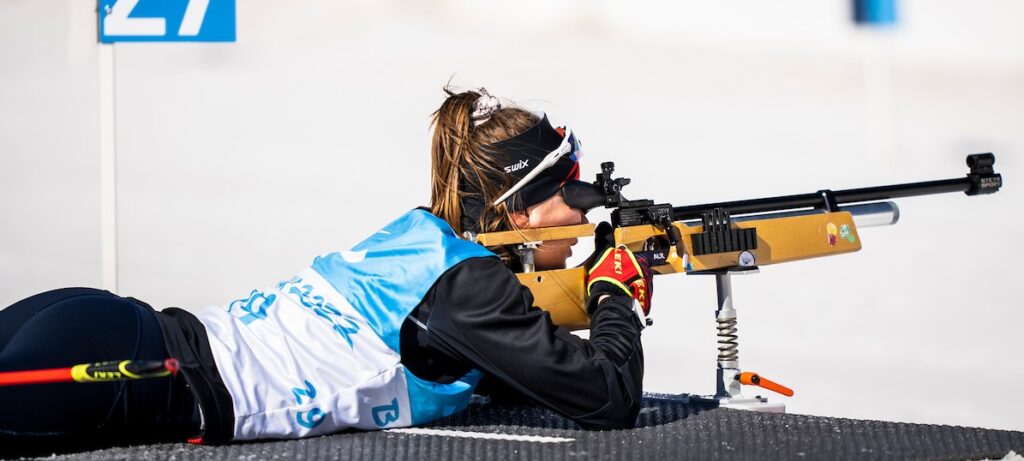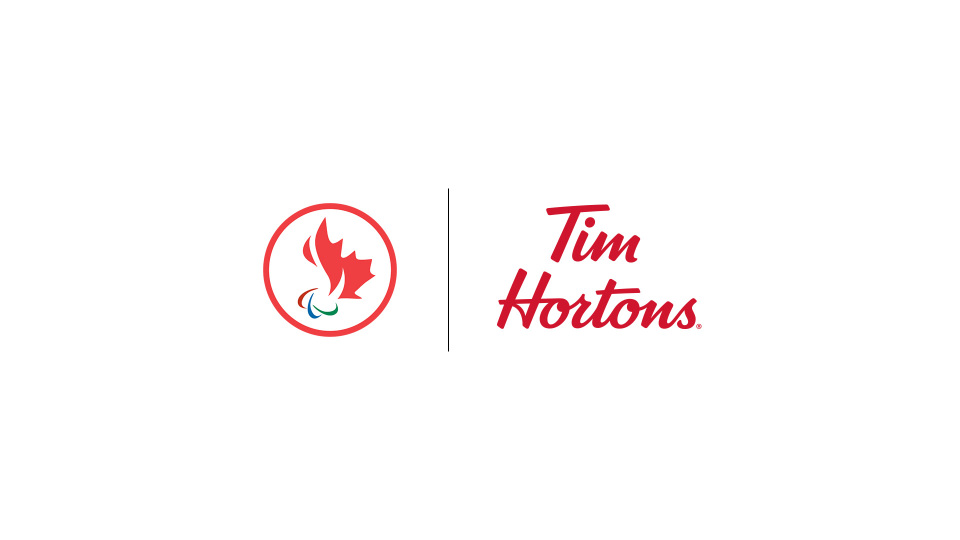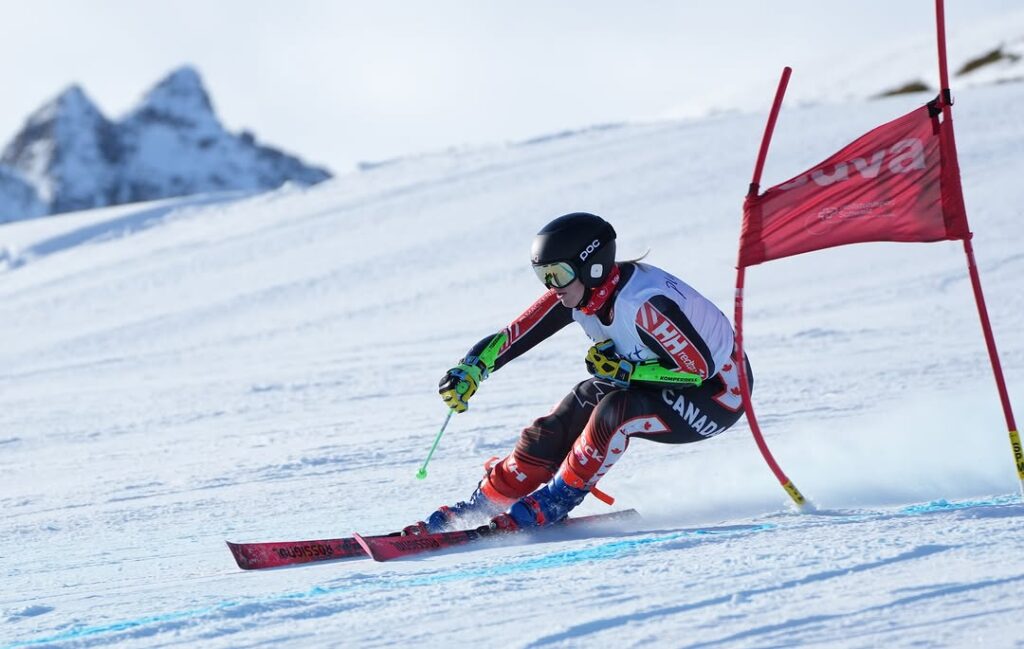Health Matters: Sport physiologist Jessica Kryski on the importance of recovery time
Kryski provides integral support for Canada’s Para nordic team

When the 10 athletes and two guides on Canada’s Para nordic team compete at the Beijing 2022 Paralympic Winter Games, they’ll be well supported by a team of 10 staff members, including three sport health and wellness experts who are part of their Integrated Support Team (IST). Five more IST members will support remotely from Canada.
The IST is a multi-disciplinary team of sport science, sport medicine, and sport performance professionals that includes the team’s medical doctor, performance dietician, coaches specialized in mental performance, and strength and conditioning and other health experts. They collaborate to give athletes total care and support for their training, recovery, and competition programs.
Jessica Kryski is a sport physiologist and the IST Lead for the Para nordic team.
“A big part of my role as the IST Lead is to make sure that all of the other practitioners in that health and wellness arena are getting the information that they need to ensure that athletes are healthy, both physically and mentally,” she says.
The integrated approach is all about understanding the individual athlete and monitoring their progress, in training and in competition. There’s no one-size-fits-all approach in Para nordic skiing.
“As a physiologist, a lot of the changes I’m looking to see effected won’t happen if the nutrition isn’t optimal or if the strength and conditioning isn’t going well. We’re all so interconnected and that helps us all to be successful.”
Plus, “we’re not going to see the optimal training adaptations unless we have a healthy baseline for our athletes,” she adds.
Training and testing are of particular focus for Kryski, especially given Para nordic is largely an endurance sport. The cross-country ski races range in distance from one to 20 kilometres and both short-distance and long-distance biathlon require the stamina and control to alternate between skiing and rifle shooting.
Kryski helps ensure there’s a balance between the physical and mental pressures of the sport and the recovery time the elite athletes need.
“We know that if athletes are overtired or over-stressed, that’s when we’re going to see our highest incidents of injury or illness.”
While the Para nordic athletes go through intense practice and testing – whether in a lab, on the course or in competition events – Kryski prioritizes safeguarding their recovery time.
“Equally as important as the athlete’s training hours are their recovery hours,” she says. “Are they doing their activation and injury prevention work from their strength coach? Is their nutrition optimal? Are they resting when we need them to rest?”
Day-to-day realities can also make an impact.
“It can be quite hard for Canadian athletes because a lot of times they will have part-time jobs to support their athletic career,” Kryski adds. “That’s something that we as their support team, and me especially when I’m monitoring their recovery, need to know about. It’s not just the physical or mental training stress, it’s all of the other non-training stressors in life that might impact their ability to recover.”
When supporting a team of 12 athletes, Kryski says knowing the athletes, planning appropriately, and individualizing their training plans is the only way to help them achieve their best results.
“It’s going to differ where the focus needs to be, from athlete to athlete,” she says. “Some might need more support on the mental performance side. For others, it might be the physical training that needs to be worked on to get them to where they need to be.”
“To have everybody on the support team working together so we can identify where those gaps are for athletes is quite critical,” she adds.
Canada’s Para nordic team has put in the training, the testing, and the recovery time. Now comes its chance to shine on the world stage. The squad includes 10 Paralympic Games veterans and just two newcomers, but as COVID-19 safety concerns and countermeasures continue to evolve, the 2022 Games is certainly going to be different for everyone.
The IST team knows their role, and they’re ready.
“We want to make sure we’re getting the athletes to the starting line feeling prepared and supported so they can go out and show what they’ve been working toward for the past four years,” Kryski says.
Health Matters, presented by Pfizer, shares stories of the important team behind the team, supporting the athletes’ health and wellness.



"*" indicates required fields
"*" indicates required fields